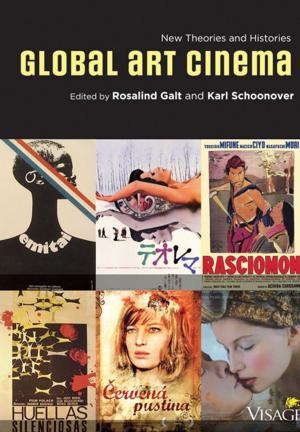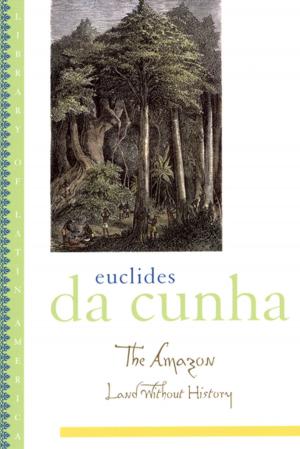Thank You for Dying for Our Country
Commemorative Texts and Performances in Jerusalem
Nonfiction, Reference & Language, Language Arts, Communication, Linguistics, Social & Cultural Studies, Social Science, Anthropology| Author: | Chaim Noy | ISBN: | 9780190273217 |
| Publisher: | Oxford University Press | Publication: | June 1, 2015 |
| Imprint: | Oxford University Press | Language: | English |
| Author: | Chaim Noy |
| ISBN: | 9780190273217 |
| Publisher: | Oxford University Press |
| Publication: | June 1, 2015 |
| Imprint: | Oxford University Press |
| Language: | English |
Combining ethnographic, semiotic, and performative approaches, this book examines texts and accompanying acts of writing of national commemoration. The commemorative visitor book is viewed as a mobilized stage, a communication medium, where visitors' public performances are presented, and where acts of participation are authored and composed. The study contextualizes the visitor book within the material and ideological environment where it is positioned and where it functions. The semiotics of commemoration are mirrored in the visitor book, which functions as a participatory platform that becomes an extension of the commemorative spaces in the museum. The study addresses tourists' and visitors' texts, i.e. the commemorative entries in the book, which are succinct dialogical utterances. Through these public performances, individuals and groups of visitors align and affiliate with a larger imagined national community. Reading the entries allows a unique perspective on communication practices and processes, and vividly illustrates such concepts as genre, voice, addressivity, indexicality, and the very acts of writing and reading. The book's many entries tell stories of affirming, but also resisting the narrative tenets of Zionist national identity, and they illustrate the politics of gender and ethnicity in Israel society. The book presents many ethnographic observations and interviews, which were done both with the management of the site (Ammunition Hill National Memorial Site), and with the visitors themselves. The observations shed light on processes and practices involved in writing and reading, and on how visitors decide on what to write and how they collaborate on drafting their entries. The interviews with the site's management also illuminate the commemoration projects, and how museums and exhibitions are staged and managed.
Combining ethnographic, semiotic, and performative approaches, this book examines texts and accompanying acts of writing of national commemoration. The commemorative visitor book is viewed as a mobilized stage, a communication medium, where visitors' public performances are presented, and where acts of participation are authored and composed. The study contextualizes the visitor book within the material and ideological environment where it is positioned and where it functions. The semiotics of commemoration are mirrored in the visitor book, which functions as a participatory platform that becomes an extension of the commemorative spaces in the museum. The study addresses tourists' and visitors' texts, i.e. the commemorative entries in the book, which are succinct dialogical utterances. Through these public performances, individuals and groups of visitors align and affiliate with a larger imagined national community. Reading the entries allows a unique perspective on communication practices and processes, and vividly illustrates such concepts as genre, voice, addressivity, indexicality, and the very acts of writing and reading. The book's many entries tell stories of affirming, but also resisting the narrative tenets of Zionist national identity, and they illustrate the politics of gender and ethnicity in Israel society. The book presents many ethnographic observations and interviews, which were done both with the management of the site (Ammunition Hill National Memorial Site), and with the visitors themselves. The observations shed light on processes and practices involved in writing and reading, and on how visitors decide on what to write and how they collaborate on drafting their entries. The interviews with the site's management also illuminate the commemoration projects, and how museums and exhibitions are staged and managed.















